Building biodiversity for a successful farming future – Episode 38
IFAD Asset Request Portlet
Asset Publisher
Building biodiversity for a successful farming future – Episode 38
28 November 2022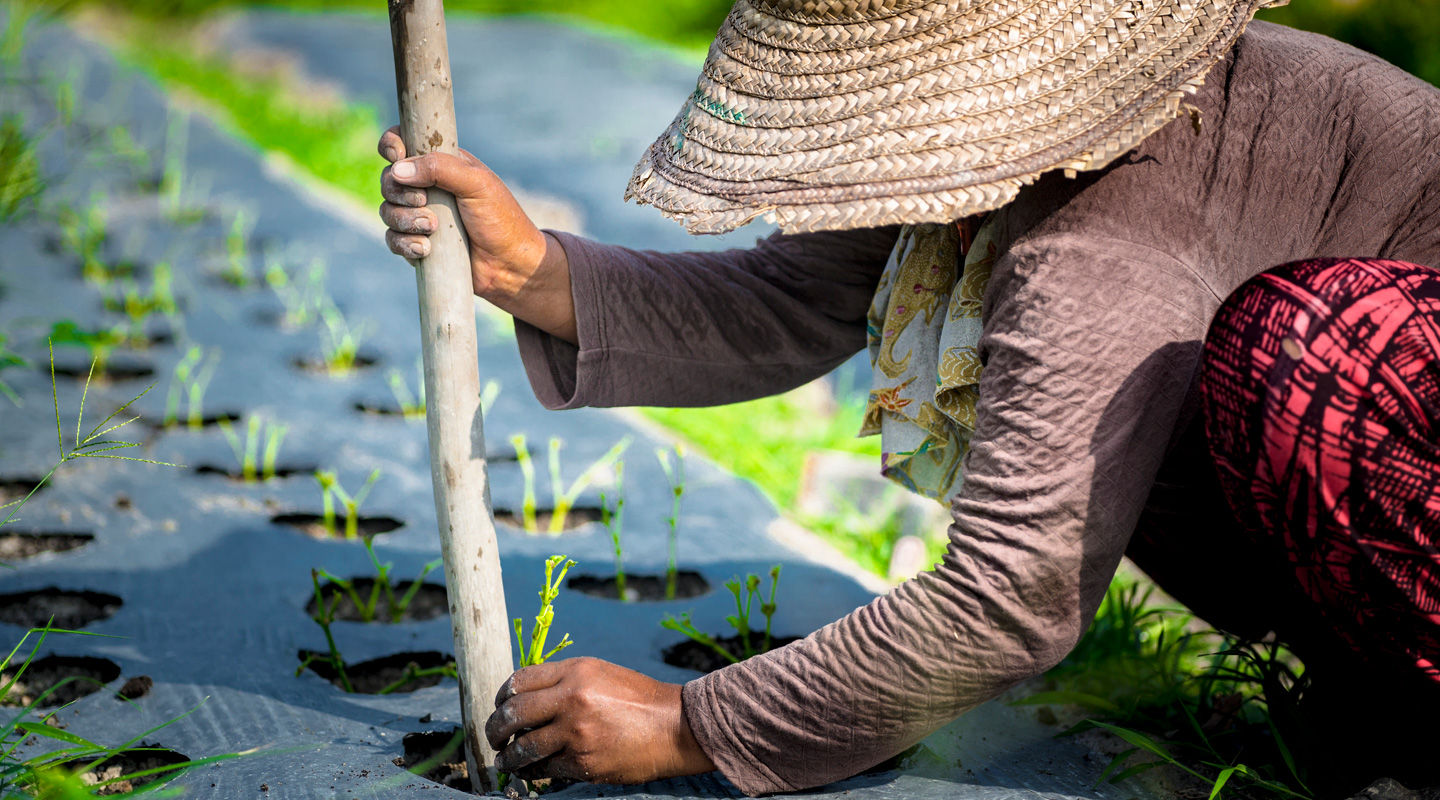
This month we kick off with the Conference of the Parties on Biological Diversity, or COP 15, followed by three IFAD projects that put biodiversity and conservation at the forefront of their missions. We also learn more about the Global Donor Platform for Rural Development before flying to Bangladesh and then on to Sri Lanka to find out how jackfruit can help local communities. We get firsthand accounts of how IFAD’s INSURED programme changes lives and conclude with an England-based winemaker, who hopes to become completely self-sufficient.
Episode Contents
- Nadine Azzu opens a window onto COP15
- IFAD experts explain the importance of conservation and biodiversity in agency projects
- Dede Ekoue and Nadine Gbossa talk to the Global Donor Platform for Rural Development
- Reporter Qasa Alom delves into the ins and outs of submersible roads
- Chef Carlo Cracco takes us to Sri Lanka
- Emily Coleman on promoting responsible insurance
- INSURED beneficiaries Jacob Kimilu and Bibiann Chengo on hope
- Max Cotton, a British smallholder journeys towards self-sufficiency
- Summing Up
- Similar Episodes to Enjoy
Nadine Azzu opens a window onto COP15
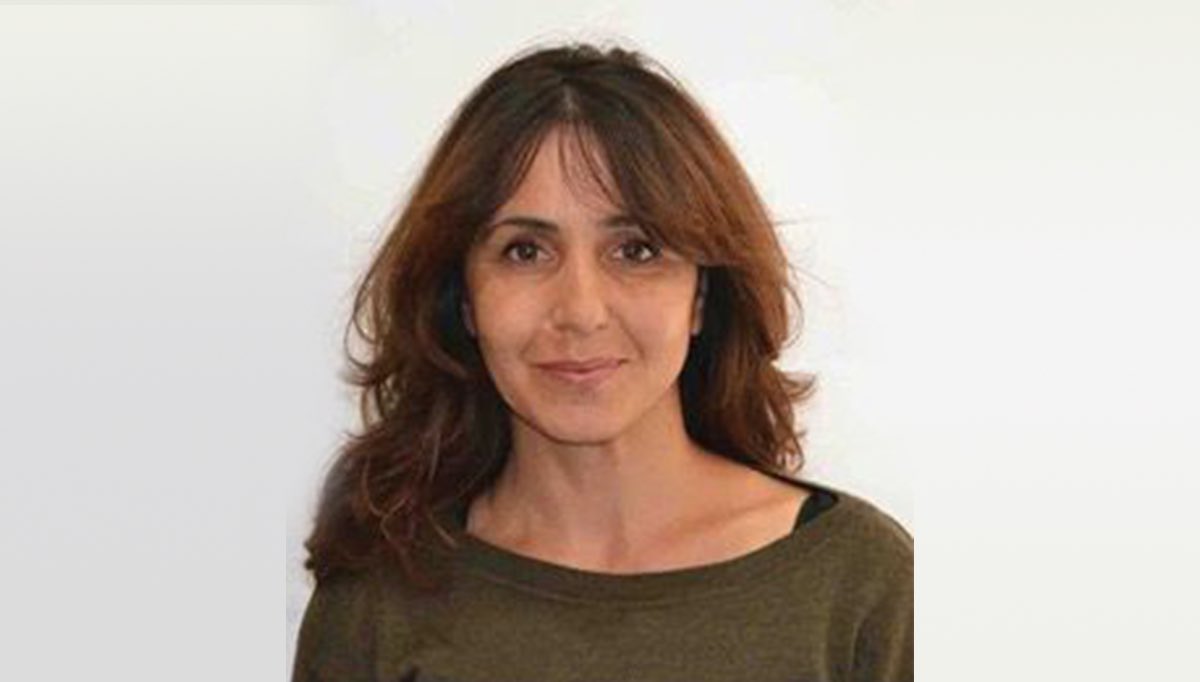 |
| Nadine Azzu, Senior Biodiversity Specialist |
IFAD Senior Biodiversity Specialist, Nadine Azzu explains why COP 15 is important for food systems and agriculture. She gives us her expectations for the conference and her insight into the landmark agreement that first brought biodiversity to the table.
IFAD experts explain the importance of conservation and biodiversity in agency projects
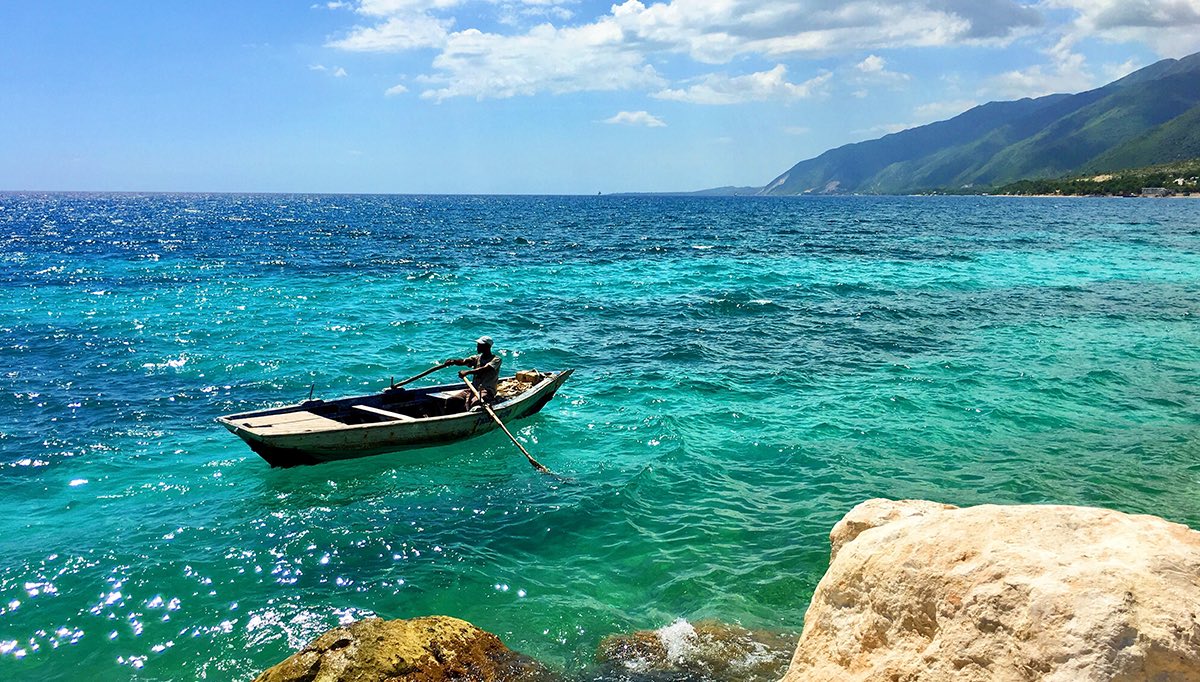 |
| Wahoo Bay Beach in Haiti, Tim Wildsmith via Unsplash |
Agriculture thrives when biodiversity is intact. However, agriculture also happens to be one of the leading sources of biodiversity loss. Land degradation, deforestation, and overgrazing are just some of the ways in which agriculture erodes the very systems it depends on.
Mena Grossman, Bernard Hien and Jaana Keitaanranta speak about the importance of conservation and biodiversity in IFAD’s projects.
Dede Ekoue and Nadine Gbossa talk to the Global Donor Platform for Rural Development
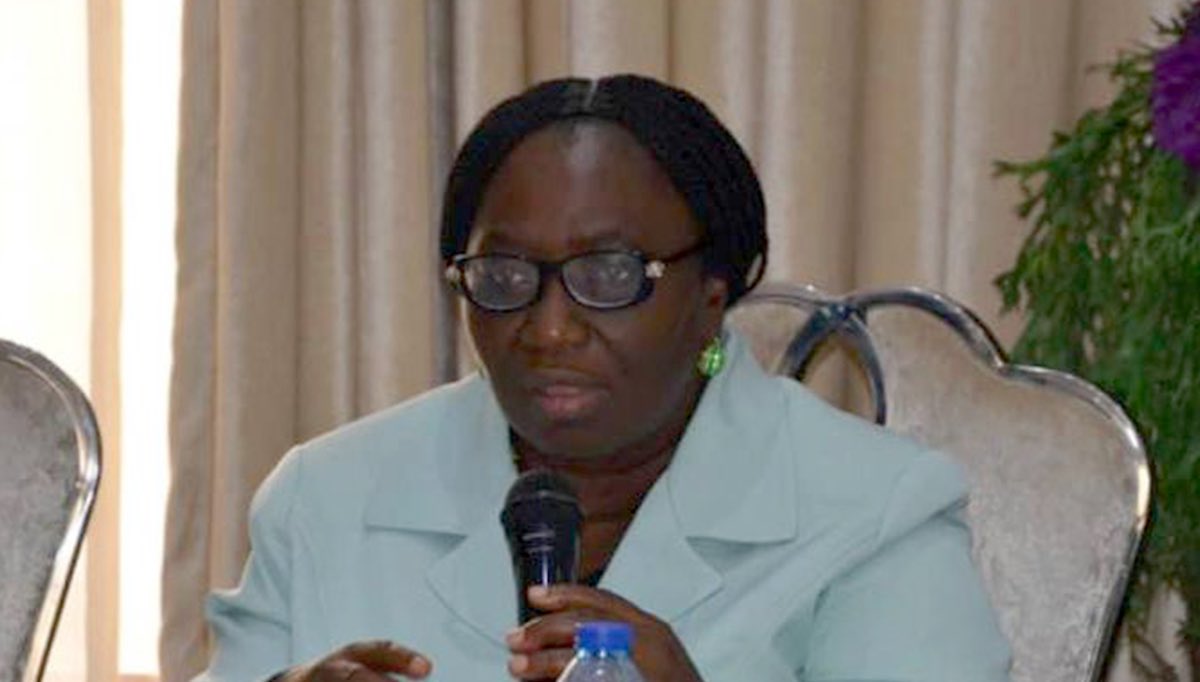 |
| Dede Ekoue, IFAD in Nigeria |
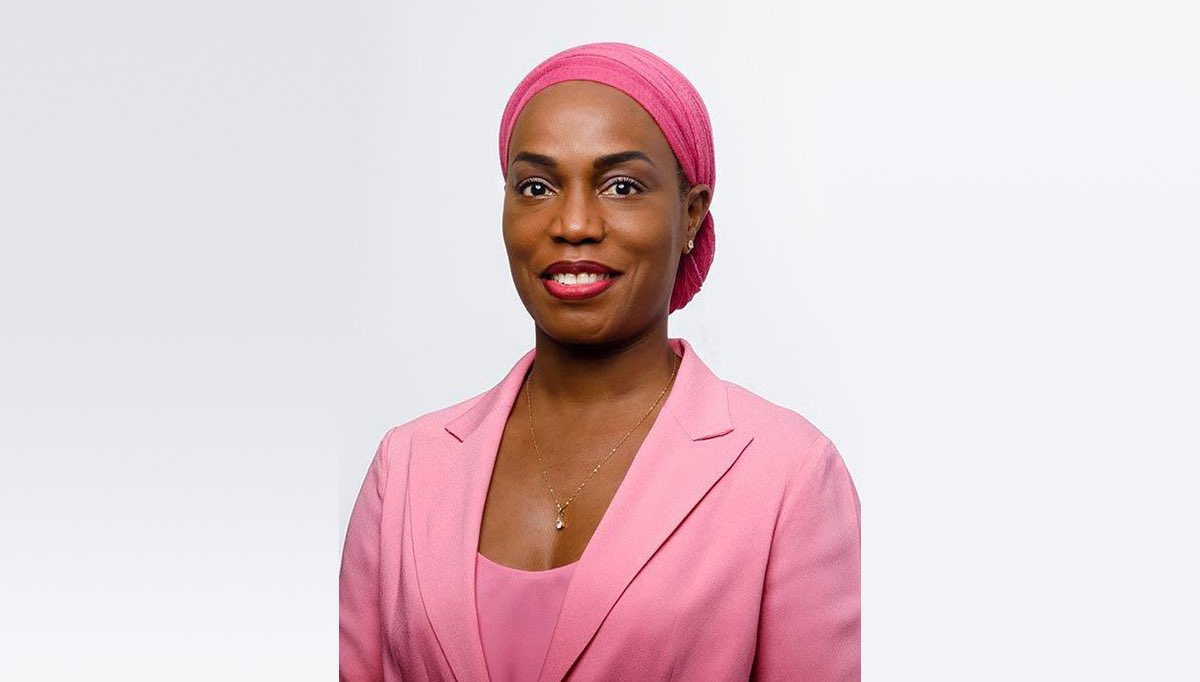 |
| Nadine Gbossa at the UN Food Systems Coordination Hub |
Dede Ekoue and Nadine Gbossa give us their insights into the importance of country-level coordination for food systems transformation, and the role the Global Donor Platform and its 40 members can play. We hear about the complexities and examples of transforming food systems, from both an overview perspective of the Coordination Hub and from the ground.
Reporter Qasa Alom delves into the ins and outs of submersible roads
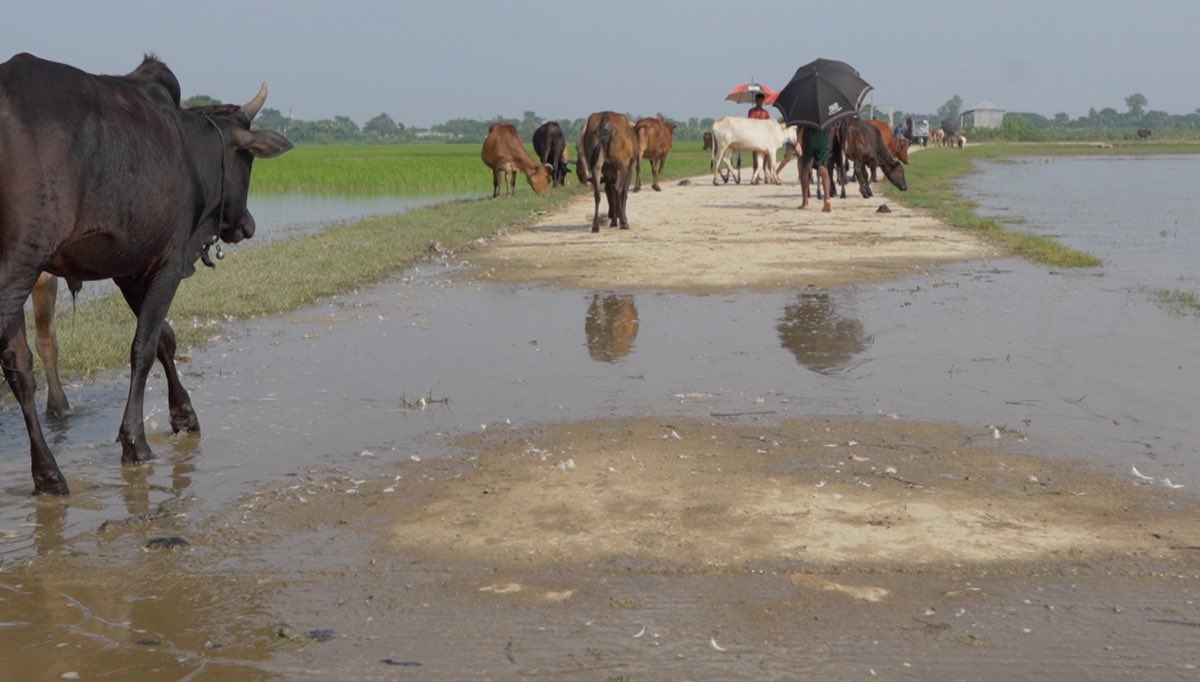 |
| Submersible roads in Bangladesh |
Monsoons sweep through Bangladesh each year, affecting millions of lives. Lands are submerged, rural villages cut off – sometimes for months. People are forced out of work, and it becomes difficult to access food and supplies.
IFAD is working with the government of Bangladesh to build more than 700 kilometres of submersible roads. More on Qasa’s work here: YouTube Channel QasaVision
Chef Carlo Cracco takes us to Sri Lanka
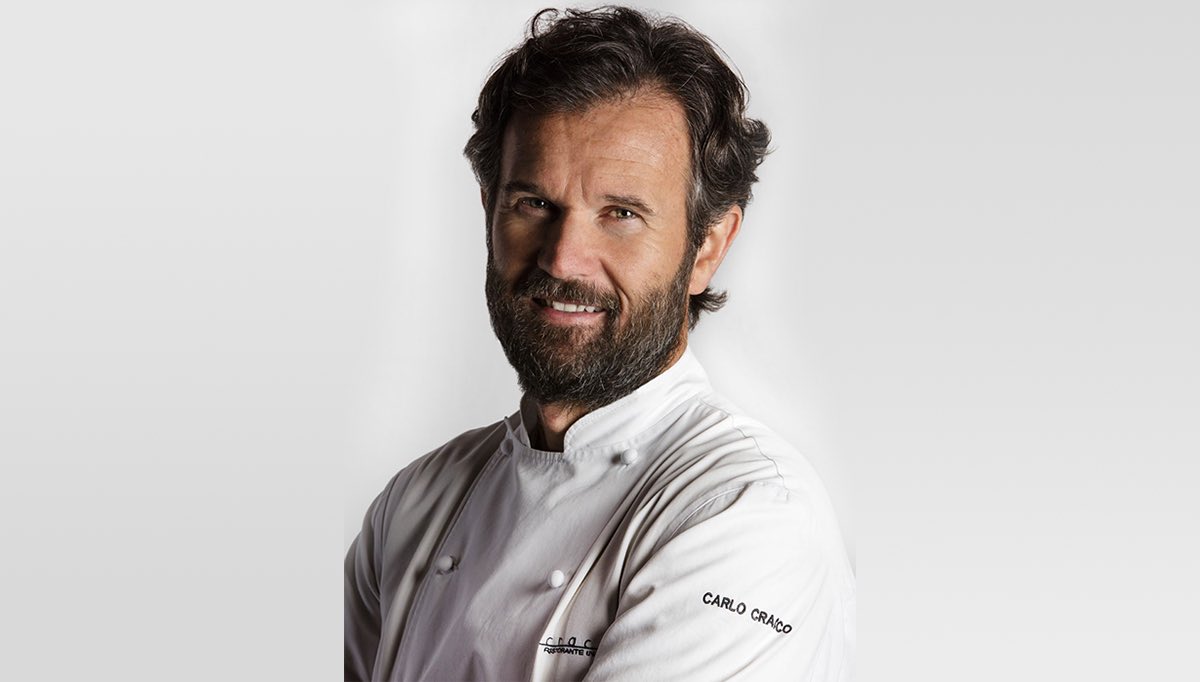 |
| Chef Carlo Cracco |
Recipes for Change Chef Carlo Cracco is known for his innovative take on traditional recipes. This time, he takes us to Sri Lanka to learn about jackfruit, a versatile substitute for staple ingredients in times of shifting agricultural patterns. In addition to being a source of vitamin and protein, one jackfruit can feed a family for several days.
Check out Carlo’s recipes for change here.
Emily Coleman on promoting responsible insurance
IFAD is working to promote the responsible use of insurance through IFAD’s INSURED, a US$6 million programme funded by the Swedish International Development Cooperation Agency and implemented by the multi-donor Platform for Agricultural Risk Management.
INSURED beneficiaries Jacob Kimilu and Bibiann Chengo on hope
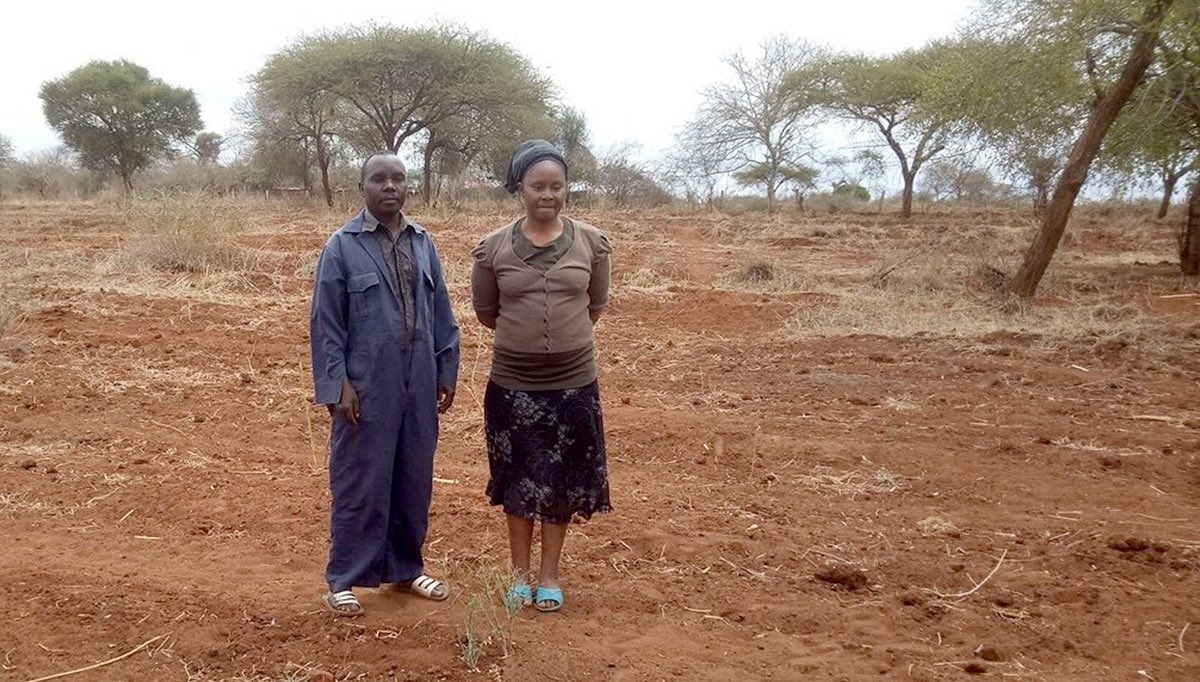 |
| Jacob Kimilu and Bibiann Chengo |
We spoke with Jacob Kimilu and Bibiann Chengo, two farmers who benefit from IFAD’s climate-risk insurance.
With as much as 80 per cent of the land in Kenya being arid or semi-arid, farmers struggle to grow food, and with worsening climate change, the impact on farmers’ food security is dire. INSURED, they say, has given them hope for the future.
Max Cotton, a British smallholder journeys towards self-sufficiency
 |
| Self-sufficient winemaker Max Cotton |
Max Cotton has nearly 2-hectares of land in southwest England, where he produces rosé. For the past two years, he has been revving up for a new project – to live self-sufficiently off the land that he has.
We will follow Max through his 12 months of self-sufficient living. You can also follow him on his YouTube Channel - No Milk Today!
Summing up
Thanks to our producer Francesco Manetti, to our contributors: Linda Odhiambo in Nairobi, Sierra Berardelli in Rome, Ian Smith in New York, Qasa Alom in Bangladesh, and Sam Cole in Sri Lanka – and everyone else who’s worked on this programme.
Most of all thanks to you for listening to this episode of Farms Food Future brought to you by the International Fund for Agricultural Development. Remember we want to hear from you – what do you think about our stories and the issues discussed and who do you want us to be talking to – so please get in touch at [email protected]
You can find out more about any of these stories at ifad.org/podcasts.
Until next months and thank you, from your hosts, Brian Thomson and Allison Lecce.
Similar episodes to enjoy
Episode 30 gave us a snapshot of the linkages between biodiversity and agriculture.
Episode 24 is all about last year’s UN Convention on Biodiversity, and Episode 20 takes a closer look at balancing development with protecting the environment.
In next month’s episode 39, we will be introducing IFAD’s new president, and return to the Global Donor Platform.